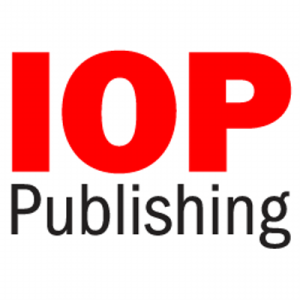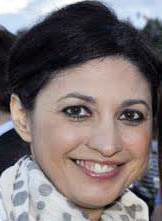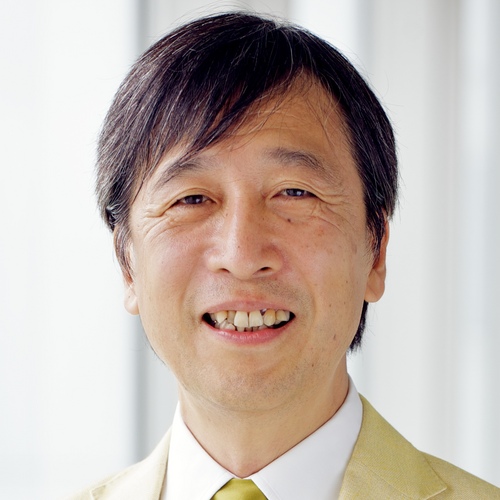
Source
The head of a nuclear physics institute in Kazakhstan now has 21 retractions to his name — most of them logged in the past year — following dozens of his papers being flagged on PubPeer for data reuse and images showing suspiciously similar patterns of background noise, suggesting manipulation.
Maxim Zdorovets, director of the Institute of Nuclear Physics in Astana, has written or coauthored 480 papers indexed on Scopus, and one analysis puts him as the third most cited researcher in Kazakhstan. His prolific publication record has been linked to Russian paper mills, though those claims are unverified. Zdorovets has defended his work in a series of online posts, arguing the imaging similarities come from technical issues and that his own analyses prove image manipulation did not occur. He did not respond to Retraction Watch’s request for comment.
The latest retraction for Zdorovets came last month when Crystallography Reports retracted a study containing electron microscope images “highly similar” to those published a year earlier in a now-retracted paper in the Russian Journal of Electrochemistry by a similar group of authors. Both papers also included images that closely resemble ones Zdorovets and his colleagues presented at a nanomaterials conference in Ukraine in 2017. In each instance, the images were meant to be showing different materials.
Continue reading One of Kazakhstan’s top nuclear physicists also leads his nation in retractions






